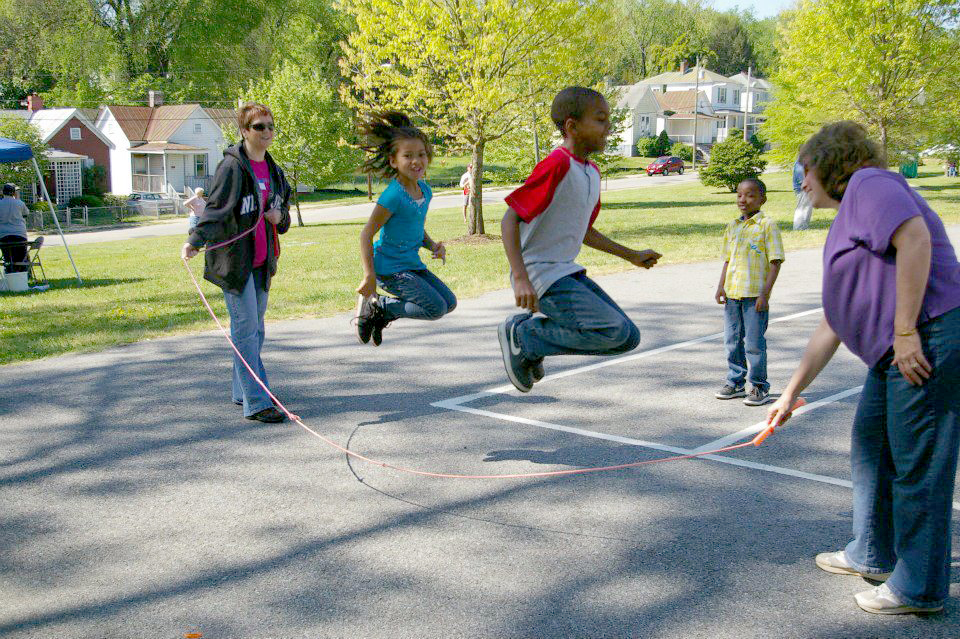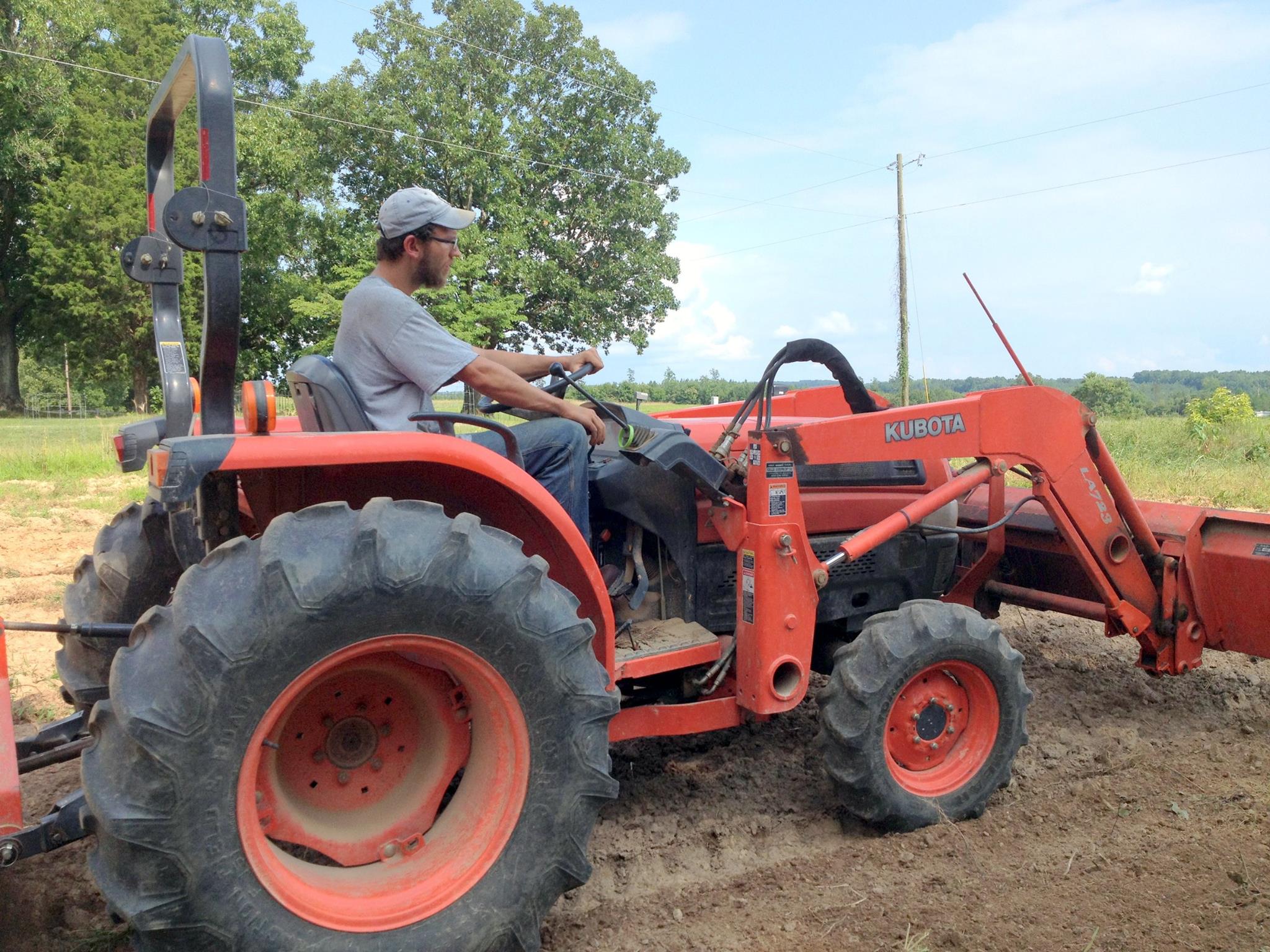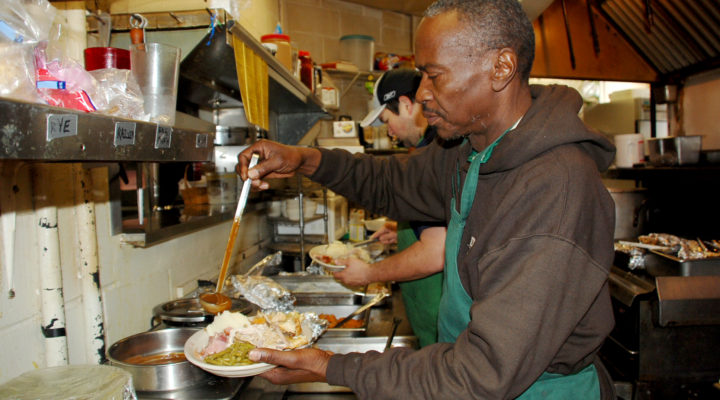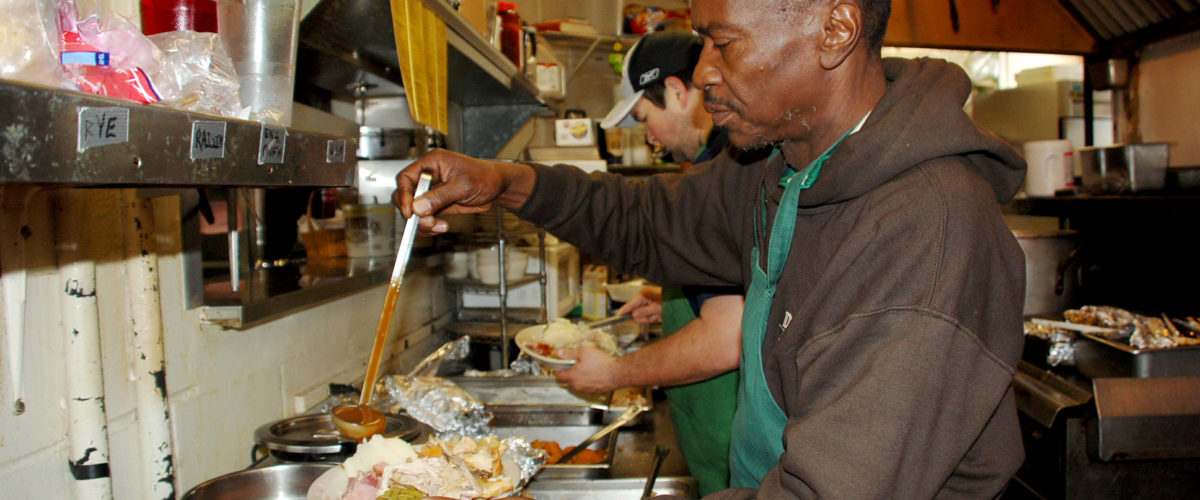Grace and Main Fellowship is an ecumenical, grassroots community development and social justice ministry located in the heart of Danville, Va. Ascension Lutheran Church is a traditional, predominantly white ELCA congregation located nearby.
“These are two organizations that would probably never partner together,” said Joshua Hearne, the abbot at Grace and Main and executive director of Third Chance Ministries.
But they are partnering together.
For the past couple of years Ascension has hosted a monthly meal for the homeless, chemically addicted and otherwise socially downtrodden served in various ways by Grace and Main.
That partnership has grown well beyond the meal into a relationship in which leaders and members from both organizations pray and worship together, and also explore how to serve the community in ways neither group previously envisioned.
It’s been so fruitful, in so many unexpected ways, that Hearne and his counterpart, Ascension Pastor Meredith Williams, hosted a workshop in June during the Cooperative Baptist Fellowship’s General Assembly in Greensboro, N.C.

Connecting with other ministries and nonprofits is a way for churches to build relationships in the neighborhoods around them. (Photo/Mike Huggins/Facebook)
“Building Partnerships that Create Change” led participants through an exploration of “dynamic partnerships between unlikely partners” that can cultivate community and bring positive changes to neighborhoods, according to a description of the workshop.
‘Both partners get something’
Those partnerships differ from the transactional model in which two organizations combine strengths to provide various ministries, said Hearne, who is employed as CBF field personnel.
One church may have greater financial resources and another more volunteers to offer a joint project, such as a soup kitchen or clothing closet.
Missions projects often were arranged on a transactional basis with churches or denominations back in the U.S. In return for funding from the states, international missionaries would host missions teams from a church, Hearne said.
“Transactional partnerships are good and they sustain the two partners,” he said. “Both partners get something they can’t get without their partner.”
But Hearne and Williams pushed the roughly 30 who attended their workshop to consider dynamic partnerships.
‘It’s a challenge for us’
Based more on grassroots, community development principles, they eschew any emphasis on mutual benefit to focus instead on how relationships may be fostered between partners – including those in need in the community, Hearne said.
Ascension modeled that approach when it changed the way it serves at its monthly Grace and Main meals. They went from doling out food to dining with those who had come to eat.

Partnerships can help churches and ministries gain access to community farming projects and other activities that would be too difficult to start from scratch, experts say. (Photo/Bill Geurrant/Facebook)
“The meal is one of the better meals we do in a month,” Hearne said. “They take time to sit down and eat with each other.”
Members of the Lutheran congregation also work alongside others at Grace and Main’s community garden.
“They are a welcome sight in our neighborhood,” he said.
The real beneficiaries are those the church and the ministry set out to help – and who end up taking a leadership role, too.
“We’re trying to cultivate slow, steady change in our neighborhoods and build partnerships that cultivate change in ourselves, in our congregations and in our communities,” Hearne said.
It’s an approach that many find messier – and scarier — than working alone or in more traditional partnerships, he said. But it’s also one that has a more missional character.
“It’s a challenge for us to be able to participate in the work God is doing and to realize that work is not dependent up me and you,” Hearne said.


